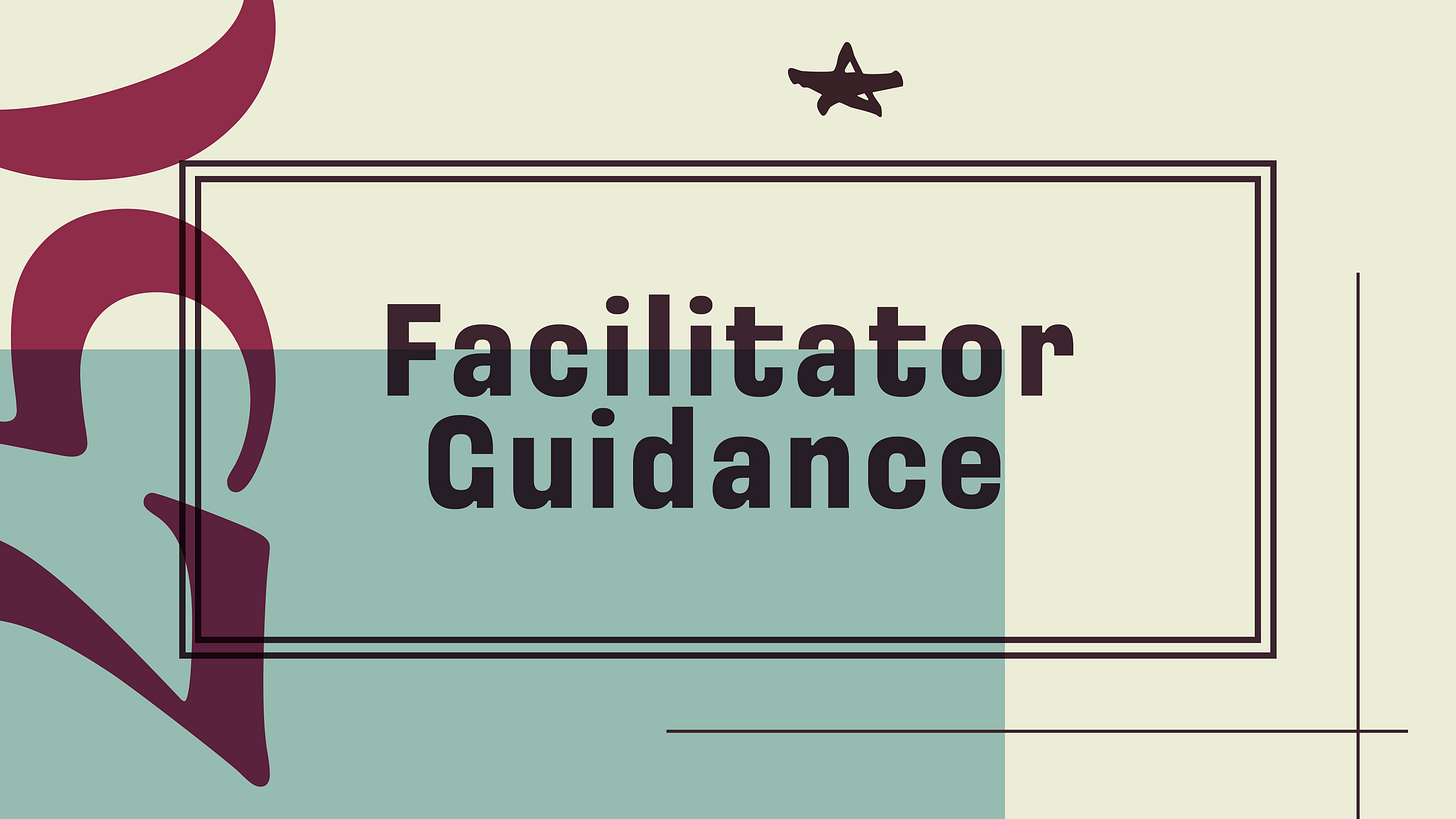This guide is a starting point for clergy interested in improving the civic health of America. It provides general information and suggestions for developing your own local gatherings leading up to and on the weekend of July 4, 2026.
Click here for an in-depth overview and timeline.
Click here to watch the introductory launch Zoom meeting from July 1, 2025. Click here to view the slideshow.
Forming Your Local Group of Clergy
We suggest aiming for a group of 4-6 clergy. This group should plan on meeting four times (one time for each text) and may need additional time to plan congregational recruitment and the first congregational session (future congregational sessions will benefit from experience in the first one; there is no need to plan it all in advance).
Click here to view sample text for an email to recruit clergy colleagues.
Clergy Conversations
The small group clergy-only sessions have several objectives:
Establishing the space to acknowledge theological differences as strengths and recognize common values that promote civic health.
Enabling clergy to experience the process of exploring historical American texts, tie their messages to scripture, and gain comfort in leading congregational sessions.
Identifying how to translate this experience for congregations.
Each session will require a minimum of 90 minutes; more likely two hours.
Clergy should review the 2-page document about each text in advance. The document includes the text (or key excerpts), brief notes on the historical background, and a “pre-session question” to ponder to relate the text to one’s personal experience. The document also provides a suggested flow of discussion and activities for the congregational sessions (this is described in detail later in this guide).
Click here for a suggested agenda and best practices.
Click here for a template Covenant for Conversation, a tool that can help create an environment for conversation informed by the sacred values of our faith traditions, rather than the polarization and conflict of our political environment.
Forming Your Local Cluster (Congregational Gatherings)
When advertising the project in your community, emphasize the larger moral priority of healthy democracy. Consider sermons prior to promoting the project to highlight communal anxieties around the sustainability of the American experiment. Individuals in our communities are struggling with friend and family relationships that have become frayed by political differences. Work and volunteer team meetings show signs of bad habits learned through our country’s broken political discourse. This project is a positive response to those concerns. Ensuring that congregants see the bigger picture can transcend just learning about texts. In addition, make sure the promotional material indicates that this is not a history course or a policy debate but rather an opportunity to:
Share fellowship with our local area houses of worship.
Explore the big ideas that define what America means to each of us.
Discuss the values that underlie our democracy.
Plan for hosting a community-wide ritual to honor 7/4/2026, America’s 250th.
Consider having at least one lay coordinator in your cluster to help with logistics (food, supplies, etc) and welcoming work at these congregational gatherings.
Click here for guidance on structuring your congregational gatherings.
Click here to request marketing materials (faith250 logo, brand guide, etc).
Public Celebration/Ritual
The public ritual element of faith250 is the culmination of a year of fellowship and relationship-building between congregations, as well as deep conversations about the big ideas found in some of America’s most profound texts. There is no template or requirements except that it is a locally developed celebration of democracy.
Click here for framing and preliminary guidance on creating your ritual.
Project Feedback
We ask clergy to keep track of the participants from their congregations and the participants’ email addresses. We will be asking participants to complete a short survey about their experience and hope to interview a sample of participants to gain a detailed understanding of their experience.
Ongoing Fellowship
We hope this project leads to continued local commitments to build fellowship. Ideas for continuation include additional text study, pulpit exchanges with time for congregational reactions, shared service projects, and structured dialog.


